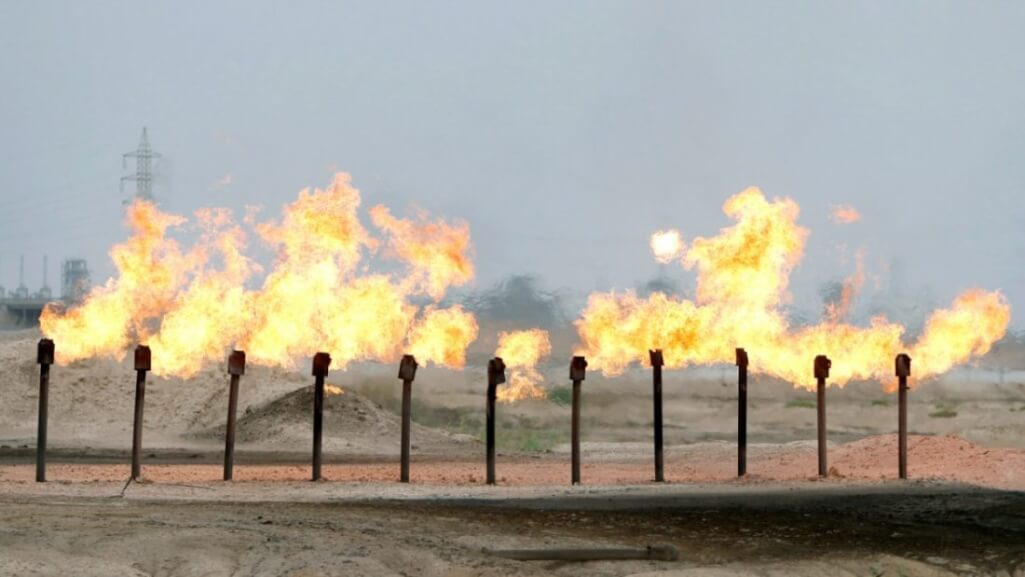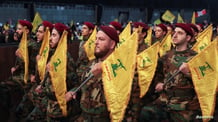The region is dependent on oil. Now there will be an economic crisis in addition to the health one. Some countries are particularly hard hit.
There are two liquids around which wars have been waged several times in the Middle East. Without the one, the water, no one can survive. Without the other, oil, hardly any of the economies in the region survives, many countries are too dependent on exports. At the beginning of this week, the oil market in the USA collapsed, the price of a bottle of water on paper exceeded that of a barrel of oil. Unfortunately, one of the main causes of conflict in the troubled Middle East is now disappearing. On the contrary, the fall in prices on the oil market will be devastating for millions of people in the region.
The wealthy monarchies – the Kingdom of Saudi Arabia, the United Arab Emirates, Kuwait – are undoubtedly hitting development. The treasure chests of the Gulf monarchies are largely filled from the raw materials business, and the ambitious diversification plans for their economies, such as Crown Prince Mohammad bin Salman’s “Vision 2030” in Saudi Arabia, will only take effect in a few years if they will produce any results.
However, a major downturn in the oil market will not lead to major upheavals, even if it is accompanied by a pandemic-related recession. The financial reserves are still large and the production costs low enough to endure the crisis. Saudi Arabia will even be able to continue to afford the expensive war in Yemen.
Literally devastating consequences, the price decline could unfold in those countries and areas that are also dependent on the raw materials business, but are already at the abyss due to permanent crises: in Iran sanctioned by sanctions, in Iraq paralyzed by terror, protests and government crises, in the civil war-torn country Libya. In the deficient economy of the autonomous Kurdish areas in Syria and that of the rulers of the ruler Bashar al-Assad.
The oil wells here have not been bubbling as they could theoretically for a long time, but at least they were a reasonably reliable constant. One that would be needed more urgently than ever to cope with the corona crisis: The pictures of deserted bazaars that get lost here and there in photo galleries, for example, have a picturesque effect. But they hide what a lockdown in societies with little or no reserves means. Already rich industrial nations hurt the economic pause, but this is about survival: Many people work in the informal sector, after a few days of public standstill they are complete without resources.
The states in the region were unable to launch gigantic aid packages even before the market capital on Monday, as they are barely able to equip their healthcare systems with the most urgently needed things. Such programs are now unthinkable: most of the region’s governments have calculated their budgets with revenues of between $ 50 and $ 60 a barrel; Iraq, for example, was on the verge of not being able to pay its many public sector workers anymore last week.
Now the infarction on the oil market is adding to the pandemic. You don’t even have to think about the lack of precipitation and the signs of another drought summer.














